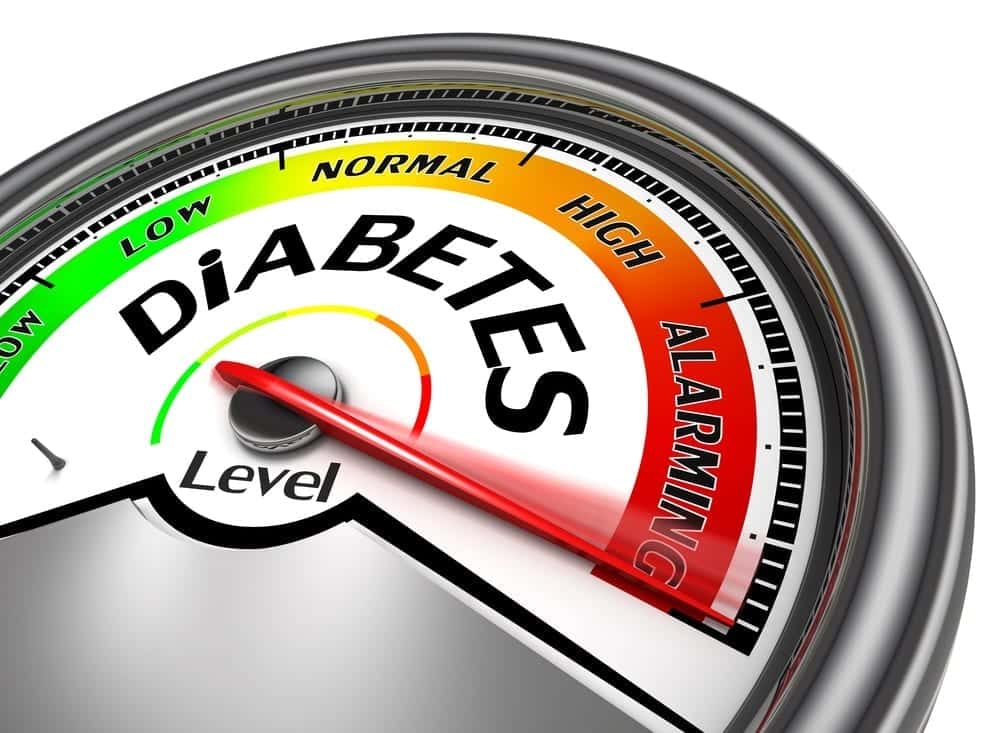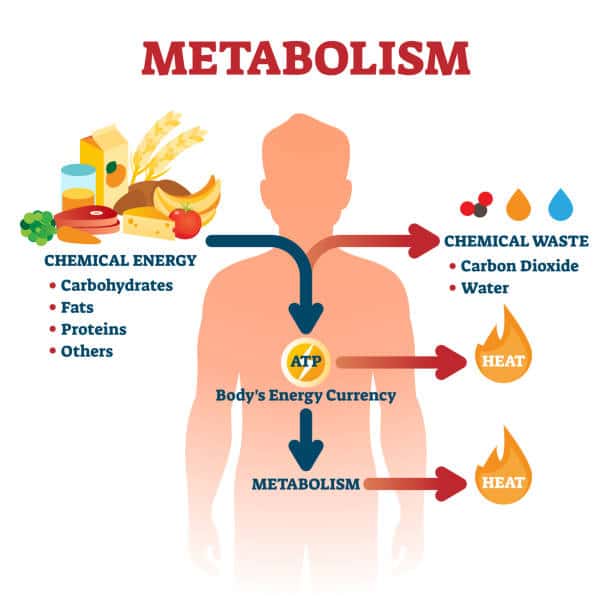High fructose corn syrup (HFCS) has stealthily woven itself into the fabric of modern diets, becoming a ubiquitous ingredient in a wide range of food and beverage products. This sweetener, often favored for its cost-effectiveness and enhanced sweetness, has sparked a wave of health concerns among consumers and health professionals alike. With its prevalence in everyday food items, understanding the potential risks associated with HFCS consumption is crucial. This article dives into the nature of HFCS, its impact on health, and why it has become a topic of contentious debate in nutritional science.
Contents
What is High Fructose Corn Syrup?

High fructose corn syrup is a sweetener derived from corn starch. Through a series of enzymatic processes, glucose in corn starch is converted into fructose, resulting in a syrup that is sweeter and more soluble than regular sugar. HFCS comes in various compositions, the most common being HFCS-55 (used primarily in soft drinks) and HFCS-42 (used in baked goods), which indicate the percentage of fructose present. This versatility makes HFCS a favored ingredient in the food industry, offering sweetness with enhanced stability and shelf-life.
The composition of HFCS differs significantly from that of table sugar, which is sucrose. While sucrose is a 50-50 combination of glucose and fructose, HFCS can have a higher proportion of fructose. This difference in fructose content is a focal point in discussions about the health impacts of HFCS. It is important to note that while HFCS and sucrose have similar caloric values, the body processes them differently, which may have various implications for health.
The Rise of HFCS in Food Products

The introduction of high fructose corn syrup in the 1970s revolutionized the food industry. Its rapid adoption was driven by several factors, including corn subsidies in the United States, sugar tariffs, and the economic benefits of using a domestically produced sweetener. HFCS soon became a staple in processed foods, praised for its sweetness and ability to preserve the freshness of products.
Today, HFCS is found in a wide array of products, from soft drinks and candies to bread and yogurt. Its prevalence is not limited to obviously sweet items; HFCS is also a common additive in sauces, salad dressings, and even some health-focused foods. This widespread use makes HFCS an almost inescapable component of the average diet, raising concerns about its cumulative impact on health.
Link to Obesity and Weight Gain

HFCS has been closely linked to the obesity epidemic, particularly in countries where its consumption is highest. The body metabolizes fructose differently from other sugars, which can lead to increased fat storage. Studies suggest that high fructose intake, particularly in the form of HFCS, may contribute to an increase in body fat, particularly in the abdominal region, a key risk factor for metabolic syndrome.
The impact of HFCS on obesity is further compounded by its effect on hunger and satiety. Unlike glucose, fructose does not stimulate insulin secretion or enhance leptin production, hormones that play a key role in hunger regulation. This can lead to increased calorie consumption, as the body does not receive the usual signals of fullness, contributing to weight gain and obesity.
Impact on Blood Sugar and Diabetes Risk

HFCS’s high fructose content has significant implications for blood sugar management and diabetes risk. Unlike glucose, which is metabolized throughout the body, fructose is primarily processed in the liver. In high amounts, fructose can overwhelm the liver’s processing capacity, leading to insulin resistance, a precursor to type 2 diabetes.
Studies have shown that diets high in HFCS can lead to higher fasting blood sugar and insulin levels, key markers for diabetes risk. Additionally, the rapid absorption of fructose can cause spikes in blood sugar, which is particularly problematic for individuals with diabetes or prediabetes. This connection between HFCS consumption and diabetes risk highlights the need for careful consideration of dietary choices, especially in populations already at risk for metabolic disorders.
HFCS and Liver Health

The liver plays a pivotal role in metabolizing fructose from HFCS, which can have detrimental effects on liver health. When consumed in large quantities, fructose can lead to an accumulation of fat in the liver, a condition known as non-alcoholic fatty liver disease (NAFLD). This is particularly concerning given the rising prevalence of NAFLD in parallel with increased HFCS consumption. NAFLD can progress to more serious liver conditions, including cirrhosis and liver cancer, making the dietary intake of fructose a significant health consideration.
Further complicating matters, HFCS consumption can disrupt normal liver function by promoting the creation of uric acid, a waste product. High levels of uric acid are associated with gout, kidney stones, and increased blood pressure. The liver’s struggle to process high amounts of fructose can also lead to an increase in harmful cholesterol and triglycerides, contributing to cardiovascular risks. These factors underscore the importance of moderating HFCS intake to maintain liver health and overall well-being.
Heart Health Concerns

High fructose corn syrup’s impact also extends to heart health, with several studies linking it to an increased risk of cardiovascular disease. HFCS consumption can lead to higher levels of triglycerides in the blood, a type of fat that raises the risk of heart disease. Additionally, HFCS can contribute to the creation of atherogenic dyslipidemia, a condition characterized by an unfavorable lipid profile that further escalates heart disease risk.
Beyond direct impacts on blood lipid levels, HFCS is also implicated in the development of hypertension, or high blood pressure. The metabolic stress caused by excessive fructose intake can strain the cardiovascular system, elevating blood pressure levels. This is particularly concerning given the prevalence of HFCS in the diet, making it a significant, yet modifiable, risk factor for heart disease.
Effects on Metabolism and Hormonal Balance

HFCS consumption has profound effects on metabolism and hormonal balance. The body’s normal metabolic processes are disrupted when high levels of fructose, as found in HFCS, are consumed. This disruption can lead to insulin resistance, a condition where the body’s cells become less responsive to insulin, a hormone that regulates blood sugar levels. Insulin resistance is a major risk factor for type 2 diabetes and metabolic syndrome, conditions closely linked with HFCS consumption.
The impact of HFCS on hormones extends to leptin and ghrelin, hormones that regulate hunger and satiety. Fructose does not trigger a strong insulin response, nor does it effectively stimulate leptin production, a hormone that signals fullness. As a result, high HFCS consumption can lead to increased calorie intake and weight gain, as the body does not receive appropriate signals to stop eating. This hormonal imbalance underscores the importance of moderating HFCS in the diet to maintain metabolic health.
Other Potential Health Risks

Apart from the well-documented risks associated with obesity, diabetes, and heart health, HFCS consumption may pose other health risks. Emerging research suggests a link between high fructose intake and increased inflammation in the body. Chronic inflammation is a known risk factor for a variety of diseases, including arthritis, heart disease, and certain types of cancer. This potential relationship adds to the growing concerns regarding HFCS in diets.
Additionally, there is ongoing investigation into the role of HFCS in cancer risk. Some studies have suggested that the metabolic effects of fructose, particularly its impact on insulin resistance and inflammation, may create an environment conducive to cancer growth. While research in this area is still evolving, the potential connection between HFCS and cancer risk adds another layer of complexity to the discussion about the safety and health impacts of this common sweetener.
Sweeten Your Life Naturally
In light of the numerous health risks associated with high fructose corn syrup, it’s imperative to make informed dietary choices. Reducing HFCS intake by choosing natural sweeteners and whole foods can significantly impact your overall health and well-being. By being mindful of ingredient labels and opting for healthier alternatives, you can take proactive steps towards a healthier lifestyle. Remember, every small change in your diet contributes to a larger positive impact on your health.


